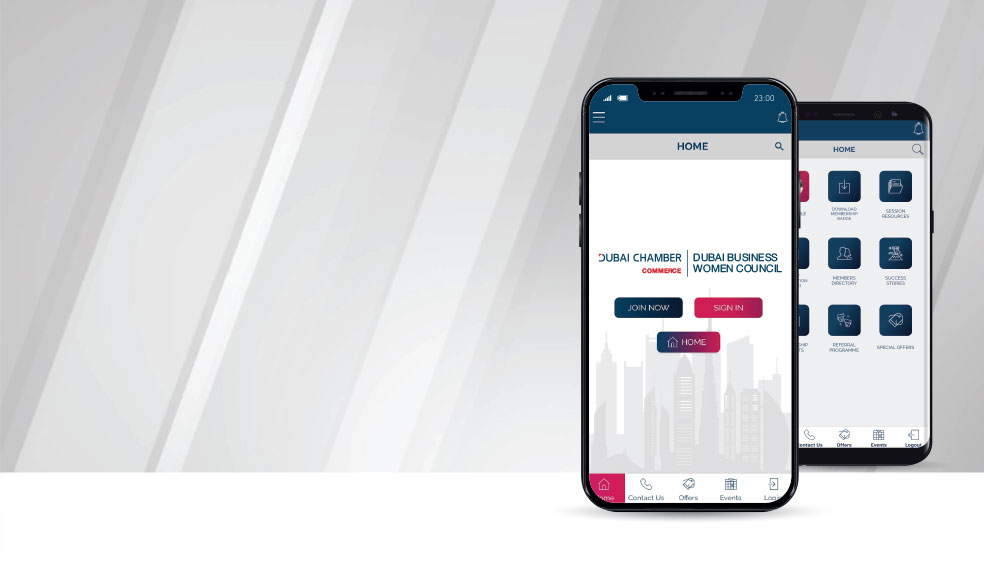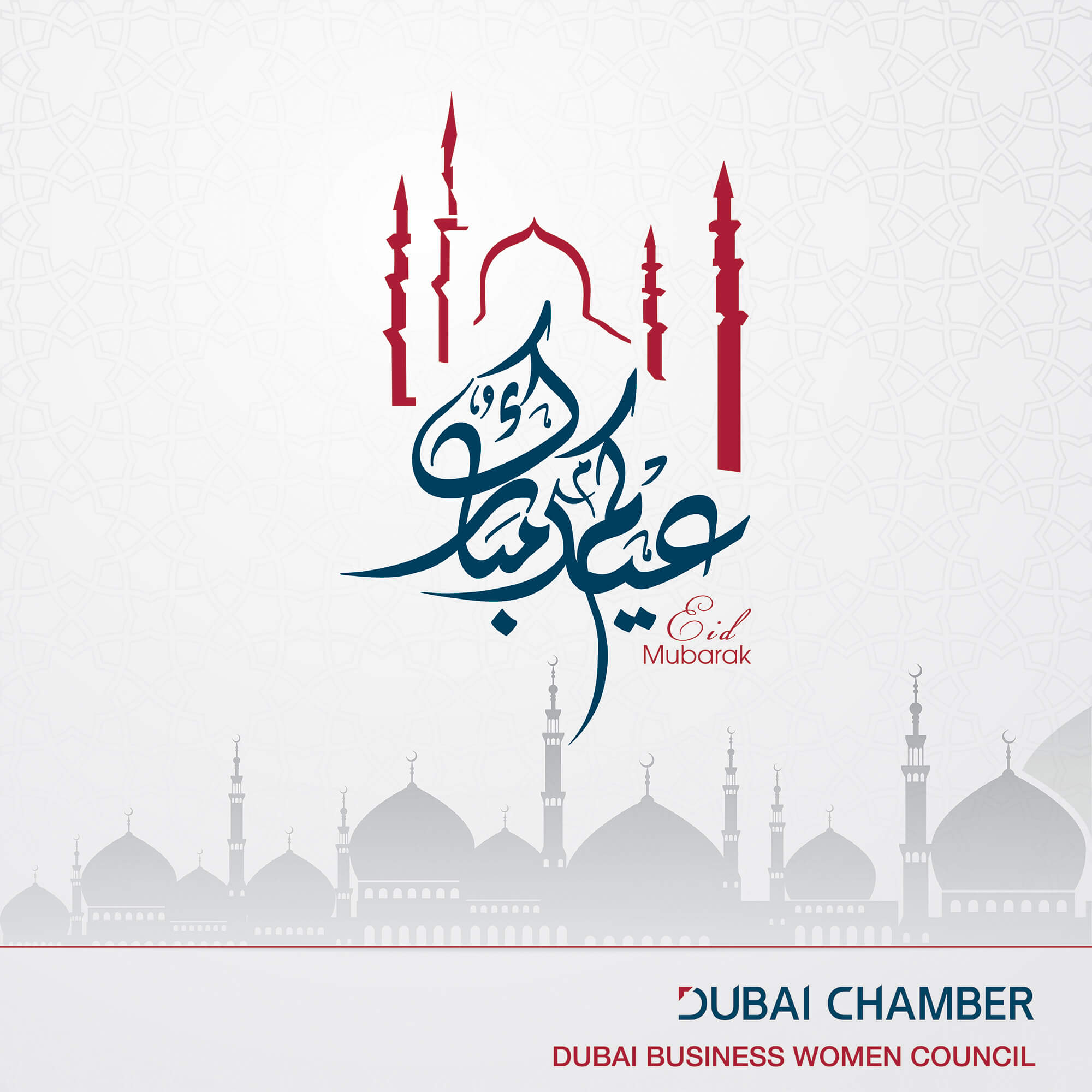
Women in the eyes of an educator

Dr. Catherine Hill joined the AUD community in January 2012 as Dean and Associate Professor in the School of Education.
She began her career as a high school teacher of history and Spanish. After several years of service in public, parochial, and private independent K-12 schools, she attended Harvard University’s Graduate School of Education, where she earned a M.Ed. and an Ed.D. in the area of administration, planning and social policy area, with a concentration in international education. Soon after, she shifted her focus to higher education.
She has taught courses in education, sociology, and public administration, and held a number of academic appointments, including Director of Graduate Programs in Educational Leadership and Associate Dean in the College of Arts and Sciences at Villanova University. Most recently, she worked two years as Principal Writer and Special Assistant to the CEO and Superintendent of the School District of Philadelphia.
Dr. Hill has conducted research, written widely, and given talks on issues concerning children of conflict, multicultural learning environments, and the purpose and practices of higher education.Her academic pursuits and personal interests have led her to spend considerable time in South America, Lebanon, India, Europe, the United Kingdom, and now Dubai.
In old days, women were confined to home. Today they are shinning in their careers and reaching top levels. What is the role that education has played in this transition?
Education has played a major role in empowering women over the past years. I was recently in Boston and was truly fascinated after reading the biography of Drew Gilpin Faust the first woman president of Harvard University. She was born in a wealthy family and was raised to marry a rich man. However, there was something in her heart that yearned to do more. She attended Concord Academy, a boarding school for girls in Massachusetts, and Bryn Mawr College, a great college for women. It is within the process of her education where she became empowered to actually pursue the interest of her mind and her heart. Her example speaks eloquently about what education can do.
However, education alone without the support of family is not enough. Although it still has the power to promote women but the role of family plays a significant role in this as well.
As a woman, what are some of the challenges that you have faced throughout your career?
In my days, there were very few options of education for women. I could either be a teacher, a nurse or an executive secretary. Choices were very limited. One day I told my parents that I wanted to become an archeologist, and they disagreed with me as they didn’t see that as vial. I have never met a parent that doesn’t love their children or want the best for them. Yet, a parent might not be able to see what is beyond. Thus, I did it my way, I studied history and did a minor in education to teach history in high schools.
I believe that life happens and we are products of our time, but that doesn’t mean that we can’t exceed the norm of the time in which we were born. If I haven’t exceeded the norm, I would have probably stayed teaching at a school back home and retired from there. But my heart and my mind always reached for more. When I applied to Harvard University for my doctorate, although I had already been a school administrator and had my master’s degree I didn’t tell my parents about it because they wouldn’t understand. They couldn’t think beyond what was possible in their world. Yet, after I got in and had a full scholarship, they were shocked but exceptionally proud, and I ended up getting two degrees from Harvard.
Sometimes, it is not only about education but about what drives you in your heart. It is what feeds your soul.
What brought you to the UAE and how do you find working in this part of the world?
In 2000, I had an opportunity to work at the Lebanese American University (LAU) in Beirut and help establish the program for a Master’s in Education. Back then, I was an Associate Dean at Villanova University and my dean actually lent me to the LAU for two summers and I fell in love with the Arab world.
Before moving to the UAE from the United States of America, I felt that I wasn’t being challenged where I was and that is the reason why I came back to the Middle East. I first joined the American University of Dubai in January 2012, there was no school of education. However, there was an approved and accredited proposal by the Ministry of Education to establish this school. I was brought on board to launch the program. Thus, by moving to the UAE, I had to discover the education system in the country and Dubai in particular and assess what teachers needed.
In the forthcoming years, I would like to build up the school of Education at AUD and make it known and successful. By doing so, I wish to help enhance the quality of schools in the UAE. Moreover, I also dream of having a center for teaching the Arabic language as it is a need here to work with Arabic teachers.
How do you assess female student’s performance compared to their male colleagues?
Females outperform male students here as well as in the international standardized tests. I often ask myself why, and I do think sometimes it is because women have to work twice as hard as men to get half as far. Sometimes males underperform because, in my opinion, many privileges are given to them from the beginning. They think they don’t have to work hard, they might know they will inherit their family business or work for their father. Women have less privileges and less entitlements, therefore they are more focused and they know they have to work harder.
Which fields are female interested in studying more than men?
A woman con perform well in any field. We see that in politics, business, engineering and many other industries.
Findings of a recent MIT research show that women are much better at knowing what their colleagues are really thinking. It also highlights that having women within a team will make it outperform others within an organization. Women are different. We tend to read faces better. We are more intuitive and more circular in our thinking whereas men are linear. The best way to understand this, is to be aware of the differences between both genders. We need both men and women together, because a woman’s way of thinking is different than a man’s way of thinking. Thus, when they come together there will be a complete picture.
How do you empower women in your department?
The majority of our students in the school of Education are women, but we also have a number of men. Therefore, we like to bring them together. I give some classes on gender differences and the way we both think. We also do demonstrations on how it is far more beneficial when both genders work together.
What would be your message to women in the UAE?
Don’t stop thinking about what can be, don’t stop envisioning. Women need to take time to examine their beliefs, because beliefs drive actions. Young women too, can define their future, and we need them. Yes, we need them as wives and mothers; the natural maternal instinct is a beautiful thing but it is not the only gift that God has given them. Thus, it will always be an uphill journey for women, which tends to be exhausting and requires a lot of stamina. I advise them to look at other women for their inspiration. We always need to feed our soul, and inspiration keeps us moving forward. As long as I am here, I will be doing my best to inspire our female teachers, but that doesn’t mean not inspiring boys as well because I believe that we need them both and we need them together.
View the Article on Executive Women Here




